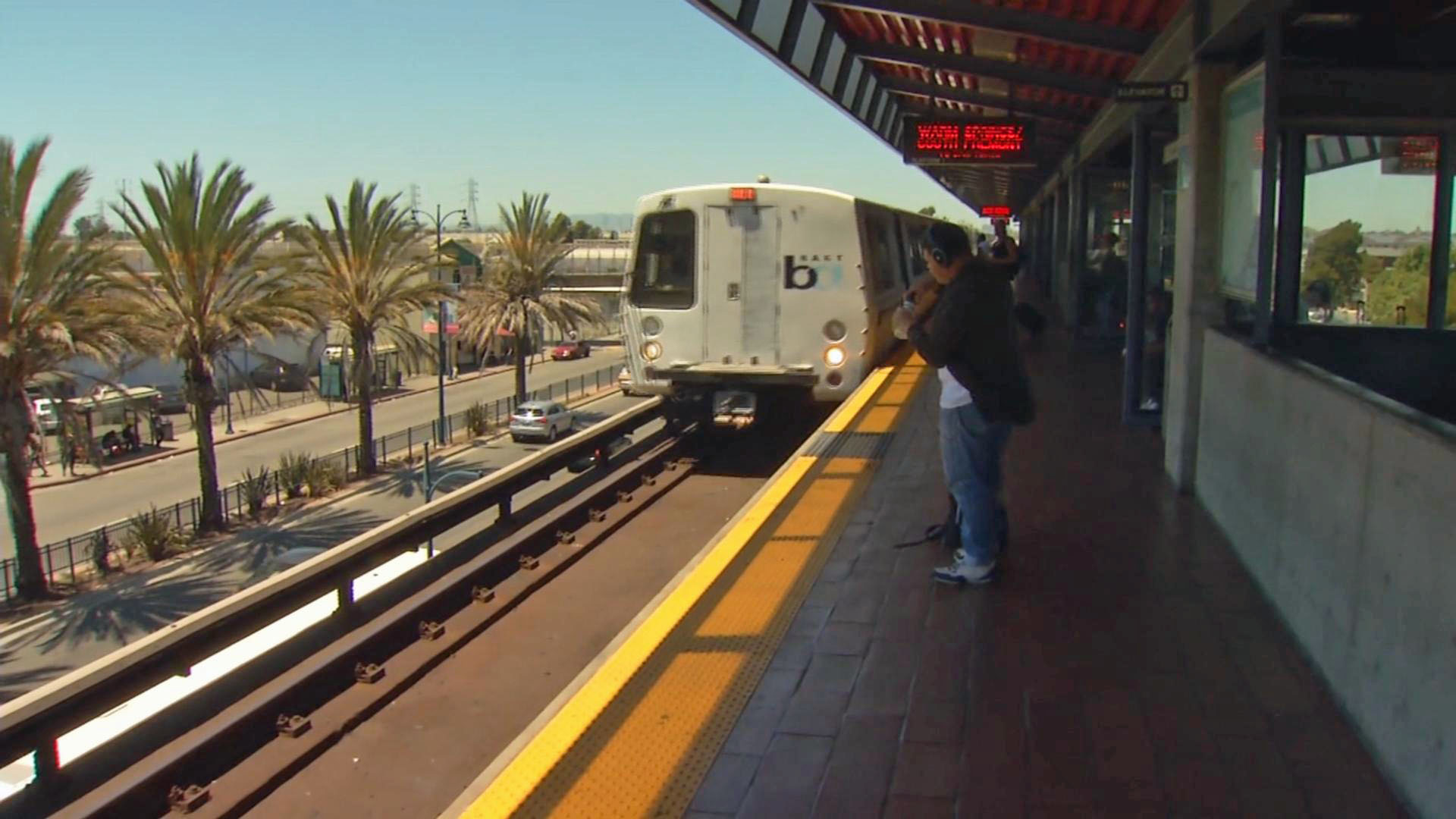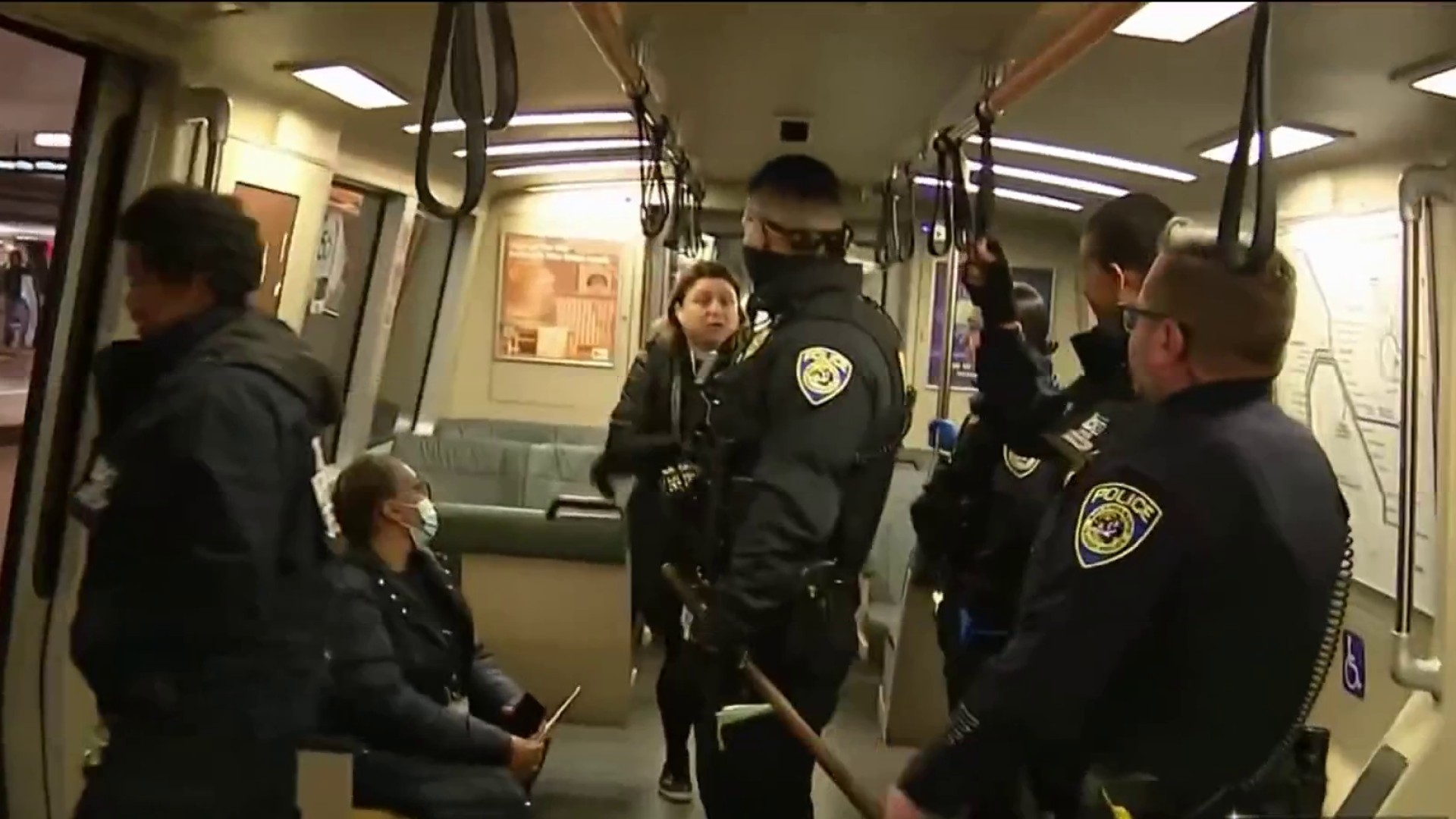A wet weather-related braking glitch on BART’s new “Fleet of the Future” accounts for many of the delays plaguing the system this rainy winter, NBC Bay Area’s Investigative Unit has learned.
On a dismal day earlier this month, rain-soaked riders at BART’s Walnut Creek Station were quick to complain about having to wait 10 to 20, even 40 minutes during this unusually rainy season.
“The delays have been extremely bad, really bad, especially with all the rain and the weather,” said one rider, Rachel Boyett.
“So I'll generally miss my first train, but I'll plan for that and catch the second one,” said another, Arjun Madra.
Get a weekly recap of the latest San Francisco Bay Area housing news. Sign up for NBC Bay Area’s Housing Deconstructed newsletter.
“It's a big problem,” added veteran rider Blake Peterson.
In fact, newly released BART data covering just the last three months of 2022 shows rain accounted for nine of BART’s ten worst late-train meltdowns.
The delays have hit as BART is introducing more of its new “Fleet of the Future” train cars, which it has long touted as far superior to its “legacy” fleet.
“The new train cars are now more reliable than the old ones,” BART spokesman Jim Allison said in an interview this week.
While that may be true overall, Allison recently acknowledged that BART has been dealing with a challenge with the new fleet – how the new cars brake in response to wet conditions.
Allison says the new cars are equipped with sensors that detect when train wheels slide or spin too fast on rain slickened rails. The idea is to make sure the train can safely stop at the next station. When the sensors kick on, the train’s emergency “fail-safe” brakes activate to assure safety. That solves the safety problem, he says, but creates a reliability problem.
“We are having problems with the new trains where the entire train will get wheel flats and we have to take that entire train out of service,” Allison said.
He acknowledged that most wheels don’t go flat when old trains sense water on the track. But the new fleets braking system automatically applies to all the wheels at once, making them all go “flat” simultaneously.
The uneven wear on the wheels caused by that braking forces entire trains into the shop, like BART’s maintenance yard in Hayward. BART officials say it can take as many as three work shifts to resurface the wheels on one car, far longer an entire eight to ten car trains.
Allison says BART hopes that a more advanced train control system will fix the problem, but that could take a decade to come on line. Meanwhile, BART has been cutting speeds on above-ground parts of its system on rainy days. That has been causing delays and has not entirely eliminated the flat problem. “It’s not an ideal situation -- we wouldn't consider it unless we have to do it,” Allison said.
But the problem isn’t new. Back in January 2021, BART halted shipments of more of its new fleet cars, to resolve “poor reliability performance” issues and rain-related braking flats.
But in February of 2022, BART started accepting new train cars despite the continued braking problem. BART’s Allison says that was because the transit agency still believed the new cars superior over its legacy fleet.
“We were confident that when we resumed accepting the cars that the reliability issues had been addressed to the point where we felt that we were good going forward,” Allison said. Today, new cars make up about half of BART’s fleet, but the system is still running short on its targets for available cars.
BART board member Debora Allen says the routine rain delays are just one more factor in BART’s inability to get back riders after the Covid-19 pandemic. “The delays are really not acceptable,” Allen said. “We cannot for the rest of time go forward with trains being delayed every time…it's wet.”
“Clearly, they need to fix it,” said passenger Blake Peterson, who’s been loyal to BART for two decades. But all the recent issues with safety and train delays, she says, “make me want to get in my car and drive over the Bay Bridge every day.’’



